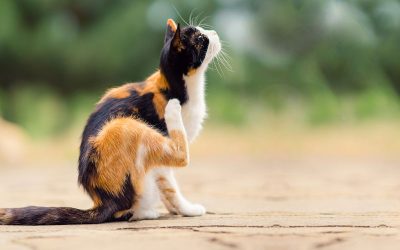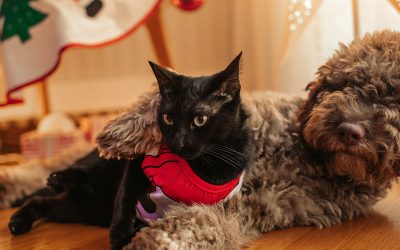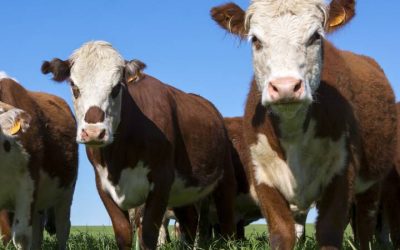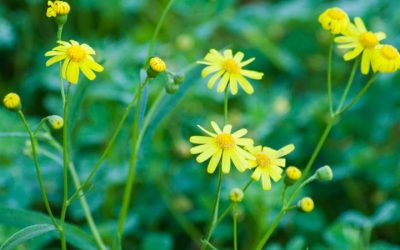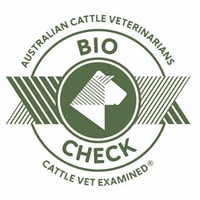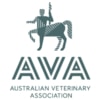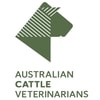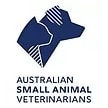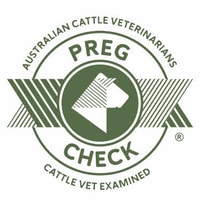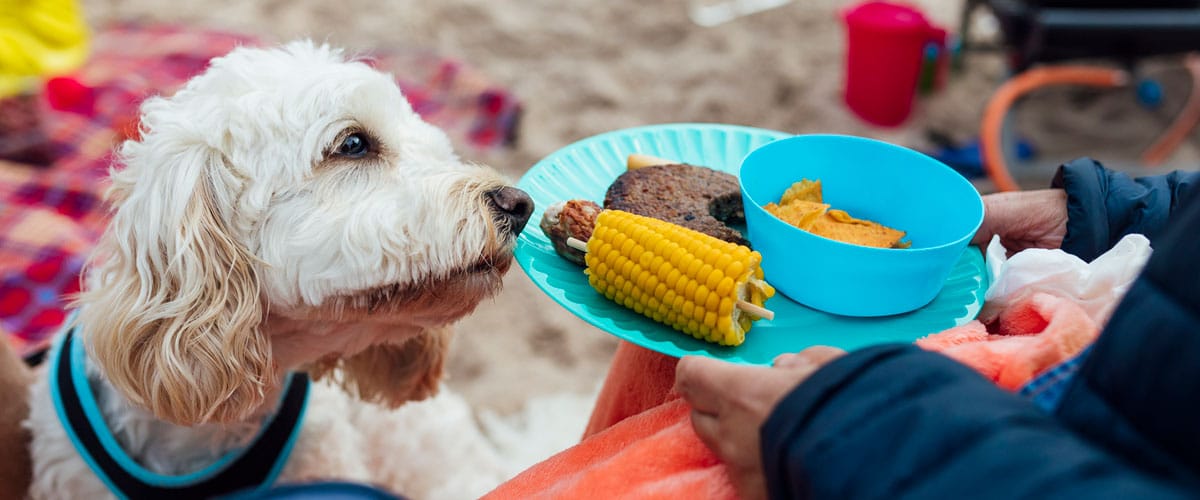
With the sun shining and beautiful warm weather upon us – who can resist a picnic or barbecue with friends!?
It is a wonderful opportunity to spend time outdoors and the perfect chance for your pet to come along for some quality time together.
If you are taking your furry friend along to picnics and barbecues, there are many hazards to watch out for!
Foods
Barbecue and picnic foods can present several issues for our pets. Some key foods to keep your pet away from include:
- Onions(and other members of this family – garlic, shallots, scallions, etc.) are toxic for dogs when ingested and can cause serious health complications
- Sausages are very high in fat, and often, ingestion can lead to pancreatitis
- Salty foods like chips, pretzels, and crackers contain high amounts of salt that can lead to vomiting and diarrhoea
- Alcohol should not be shared with pets – their livers struggle trying to break down alcohol and can lead to damage which can be fatal
- Cooked bones such as ribs, t-bones, and chicken wings can splinter and become stuck in your pet’s throat or gut, leading to serious health problems requiring surgical intervention
- Corn cobsare not safe to be ingested as they will not be broken down in your pet’s stomach, often leading to fatal bowel obstructions
- Skewersfrom kebabs and other foods can lead to serious puncture wounds in your pet’s mouth and gut, often requiring surgical intervention
- Seafood shells(prawns, mussels, oysters, etc.) can lead to internal damage if ingested and can not be digested, which can require surgical removal
Burns
Keep your pet away from barbecues altogether to avoid burns from splattering oil or direct body to hot-plate contact! To help train your pet to stay away from the barbecue, never feed them scraps or food from the barbecue. Always ensure the barbecue is supervised, and if it has a lid, consider closing it to protect your pets. If your pet does burn themselves, cool the burn site with cool, running water and call us immediately.
Rubbish
Always ensure you clean up your rubbish or food scraps when you are ready to leave the picnic or barbecue site. Leftovers may cause harm if ingested by other pets or local wildlife visiting the area.
Preparation
Before heading to your picnic or barbecue location, be sure to check:
- Fresh water and shade are easily accessible for your pet
- That the local council permits pets (on or off-leash) to be in this area
- Your pet is adequately socialised and will not become anxious meeting new people and potentially other pets
- Your pet’s vaccinations and parasite protection is up to date, especially if you are visiting an unfamiliar area
- Your pet is appropriately and safely restrained when being transported to your destination
If you have any questions or concerns or would like some more safety and first aid advice, give us a call on 07 4693 2233 or book a consultation with our friendly team by emailing info@pittsworthvetsurgery.com.au or booking online.
RELATED ARTICLES
Hot-spots
Hot-spots are a common problem amongst dogs, and some breeds like golden retrievers, labradors, and rottweilers may be more susceptible to these than others. What is a hot spot? A hot-spot can otherwise be known as a ‘moist skin rash,’ acute moist dermatitis, or...
Christmas & New Year’s Hazards
The silly season is an exciting time of year, with Christmas and New Year’s Eve celebrations giving us plenty of reasons to let loose and celebrate. With an increase of visitors, noises, tasty treats, shiny new toys, and interesting smells, this time of year can be...
Pinkeye
Pinkeye, also known as blight and infectious bovine keratoconjunctivitis. Pinkeye is caused by a number of organisms, and creates weeping of the eye initially, followed by a pink raised lesion in the middle of the eye, before a white accumulation in the eye asppears....
Fireweed
There are a few types of fireweed found in Australia, with majority of species being poisonous. This plant is a short shrubby plant with yellow daisy like flower. Cattle become affected if they are short of feed, or not used to having the plant in their environment....
RELATED
ARTICLES
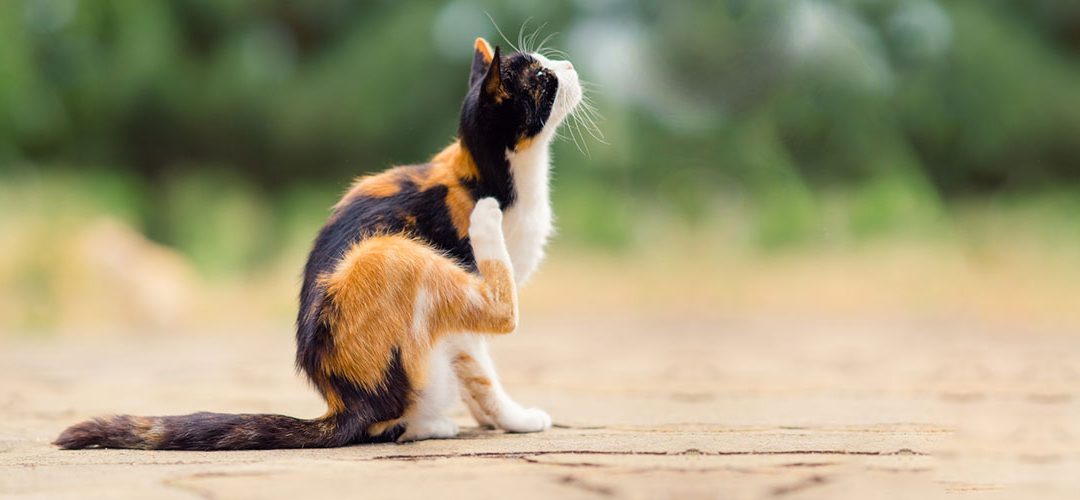
Hot-spots
Hot-spots are a common problem amongst dogs, and some breeds like golden retrievers, labradors, and rottweilers may be more susceptible to these than others. What is a hot spot? A hot-spot can otherwise be known as a ‘moist skin rash,’ acute moist dermatitis, or...
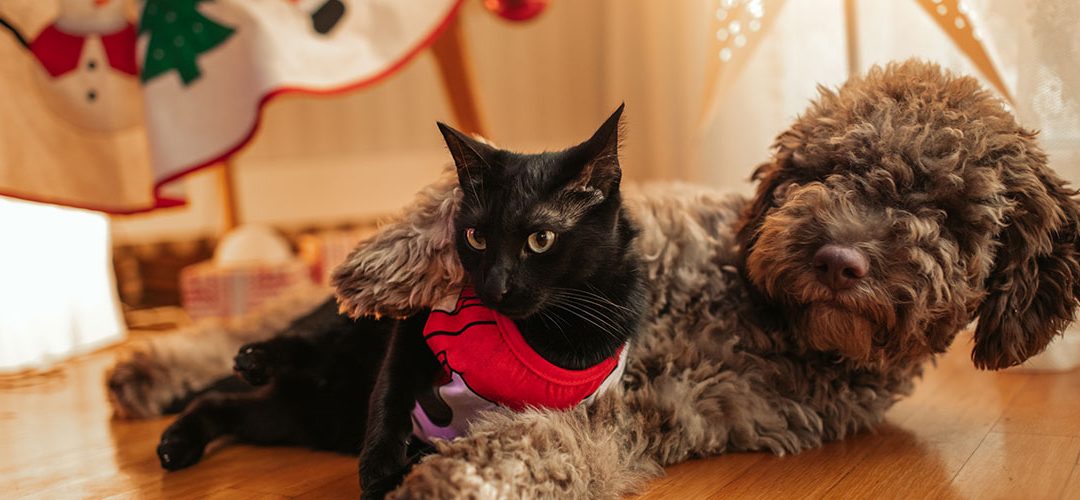
Christmas & New Year’s Hazards
The silly season is an exciting time of year, with Christmas and New Year’s Eve celebrations giving us plenty of reasons to let loose and celebrate. With an increase of visitors, noises, tasty treats, shiny new toys, and interesting smells, this time of year can be...
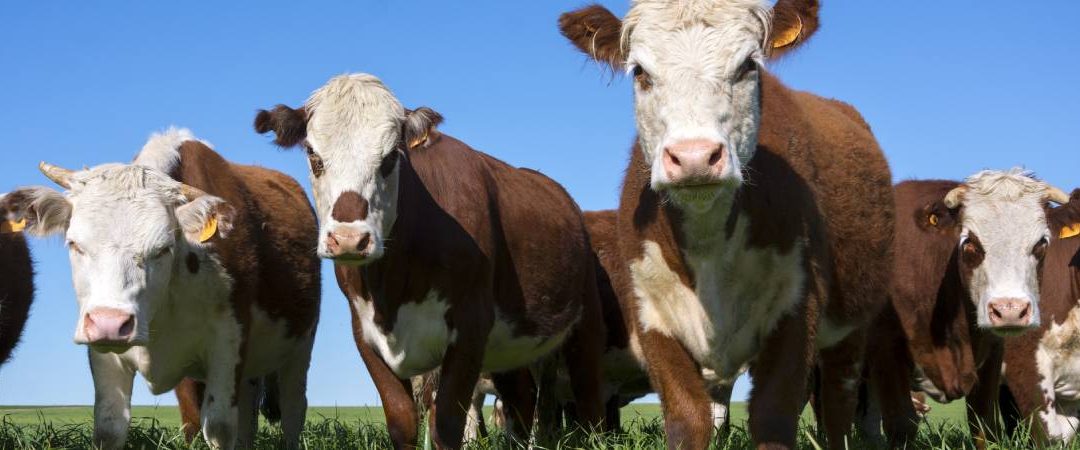
Pinkeye
Pinkeye, also known as blight and infectious bovine keratoconjunctivitis. Pinkeye is caused by a number of organisms, and creates weeping of the eye initially, followed by a pink raised lesion in the middle of the eye, before a white accumulation in the eye asppears....

Fireweed
There are a few types of fireweed found in Australia, with majority of species being poisonous. This plant is a short shrubby plant with yellow daisy like flower. Cattle become affected if they are short of feed, or not used to having the plant in their environment....
Call Us Today To Discuss Your Animal Needs
Business Hours Phone: 07 4693 2233




